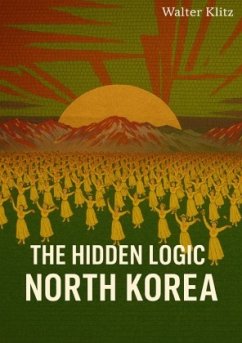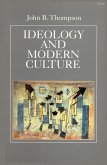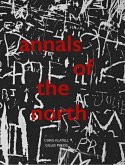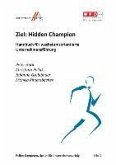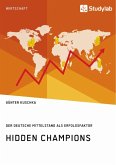This book provides exceptional insight into the internal dynamics of the North Korean political system. It documents 22 research and coordination trips undertaken by the project manager for North Korea at a political foundation, conducted over several years and granting sustained access to political, institutional, and academic actors. During these visits, interactions with government officials, party cadres, and scholars required continuous calibration between official discourse, culturally codified ritual, and individual subtext.The resulting diary is not a travel narrative in the conventional sense, but a political and analytical document. It traces communicative patterns, ideological and cultural continuities, potential avenues for policy evolution, and the structural constraints that delimit dialogue with a regime grounded in comprehensive control and the symbolic production of power.
Bitte wählen Sie Ihr Anliegen aus.
Rechnungen
Retourenschein anfordern
Bestellstatus
Storno

